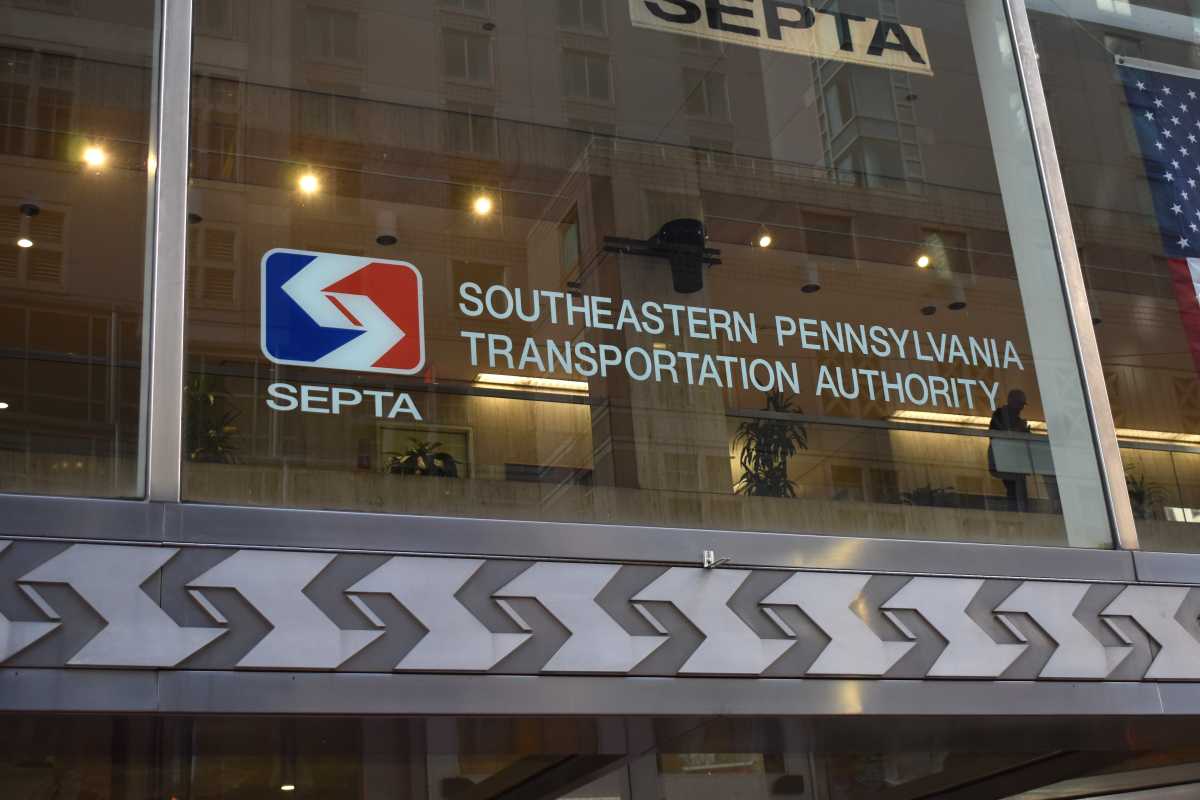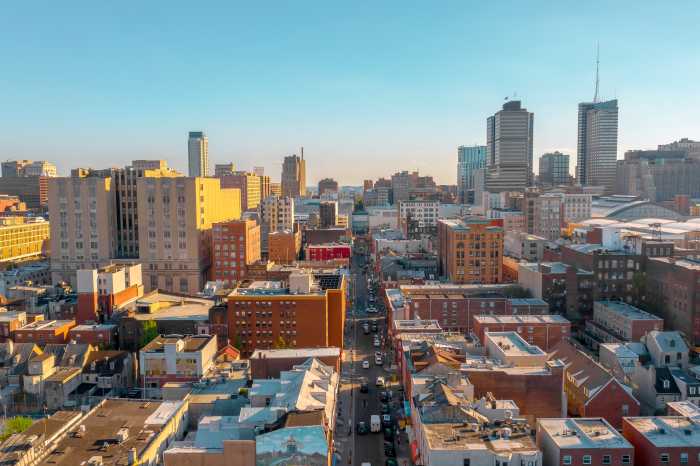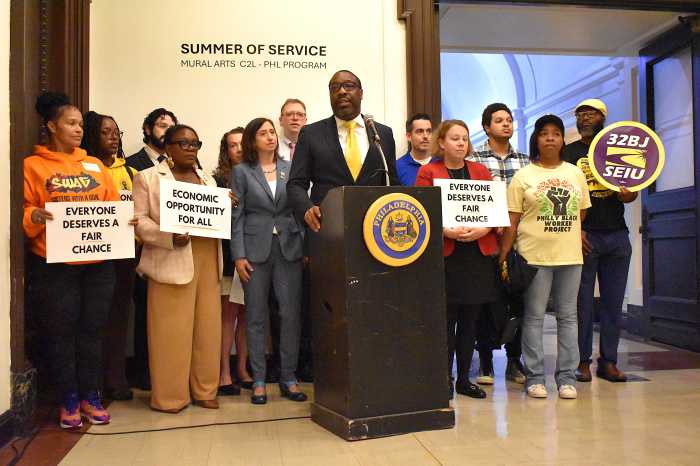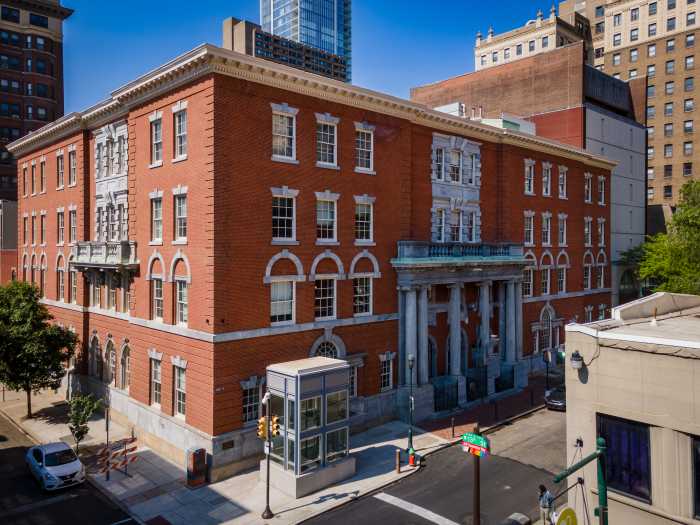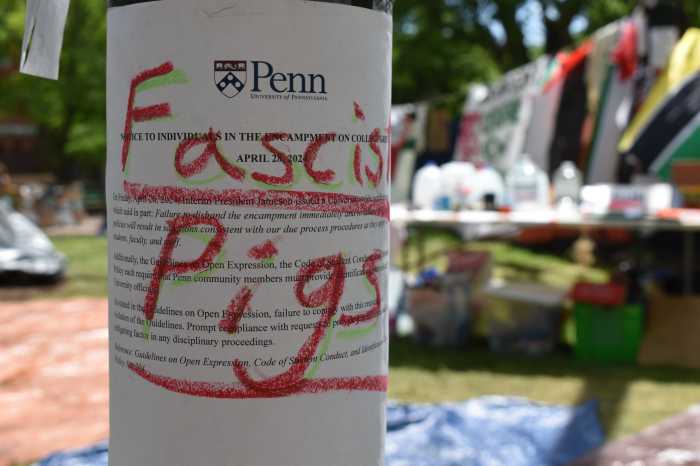A whirlwind of SEPTA developments emerged late last week, as riders struggle to adapt to reduced service amid the transit agency’s ongoing funding crisis.
New Regional Rail schedules, with 20% fewer trains, and a fare increase that were set to go into effect this week are now on hold, after a judge ordered the authority to halt its ‘doomsday’ budget plan.
Mayor Cherelle Parker’s administration, meanwhile, reached a deal with SEPTA to restore some service for the tens of thousands of students who rely on public transportation.
What has not changed is SEPTA’s fiscal outlook; the authority still faces a $213 million deficit. Gov. Josh Shapiro and the leaders of Pennsylvania’s divided legislature have yet to reach an agreement on the state budget or a plan to fund the commonwealth’s transit agencies.
Here is the latest on SEPTA:
Court intervenes
Court of Common Pleas Judge Sierra Thomas Street instructed SEPTA not to move forward with the planned fare increase or any further service reductions, after a lawsuit was filed last week challenging the cuts.
Street’s mandate does not require SEPTA to restore the service cuts implemented Aug. 24, when the authority axed 32 bus routes, shortened another 16, stopped running sports express trains and lowered frequencies across all subway, trolley and bus lines. A hearing is scheduled in the case Thursday, and Street could choose to expand the scope of the order.
For now, all Regional Rail lines will continue running on the same schedules that were in place last week, SEPTA officials said. Riders are encouraged to review paper and online PDF schedules dated June 15, as the authority’s website, app and third-party scheduling services may not be updated to reflect the reversal.
Fares were set to increase 21.5% Monday, raising the base rate for bus, subway and trolley trips from $2.50 to $2.90. That hike was also blocked, pending the outcome of the litigation. SEPTA representatives said Sunday that weekly and monthly passes for September are now being sold at the lower, pre-increase price.
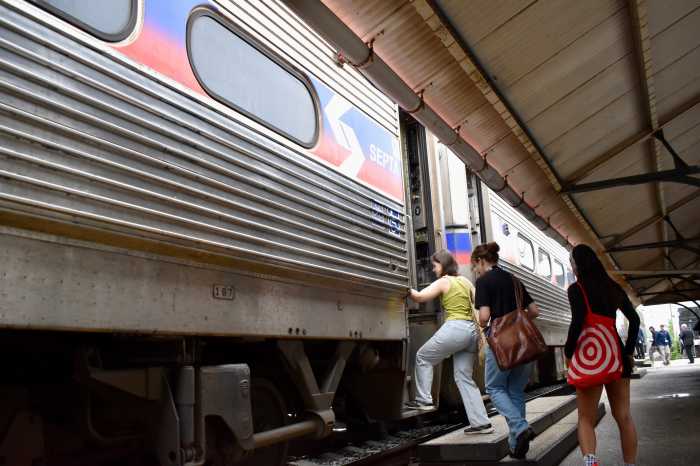
The court order stems from a legal complaint filed Aug. 27 by attorney George Bochetto on behalf of longtime consumer advocate Lance Haver and two transit riders.
The suit claims that SEPTA’s ‘fiscal cliff’ is being fabricated to extract more money from Harrisburg lawmakers and argues that the authority should have drawn down its service stabilization fund or borrowed money before enacting cuts.
Bochetto and his team also assert that the reductions have had a disproportionate impact on Black, Hispanic and low-income riders because the reductions were rolled out first on the area’s bus system and initially spared Regional Rail.
Under the Civil Rights Act, SEPTA is required to conduct an equity analysis, and the report found that the cuts place more of a burden on routes serving higher-income and non-minority populations.
Transit advocates have criticized the lawsuit and worry it could jeopardize SEPTA’s long-term financial viability.
Getting kids to school
SEPTA has committed to bringing back nine of the slashed bus routes and enhancing service on 11 other lines to better serve middle and high schoolers, using a portion of its operating subsidy from City Hall.
The School District of Philadelphia’s academic year began Aug. 25, a day after the first round of cuts went into effect. Superintendent Tony Watlington Sr. said data from the first three days of class shows that 54% of schools saw an increase in absences compared to the start of last school year, and 63% saw a spike in latenesses.
“We’re optimistic that the restoration of priority routes will enable more students to attend school and accelerate academic achievement,” Watlington added, in a statement Thursday.

Parker’s office and SEPTA agreed to utilize a portion of the city’s $135 million operating budget contribution for the current fiscal year to boost student-focused transit services.
“Making sure that all of our city’s children and youth can get to school on time and safely is one of our top priorities,” the mayor said. “We need our students – Philadelphia’s future – to be at school learning and participating in extracurricular activities without interruption or challenges.”
5th Square, the urbanist advocacy group, noted that the funding does not represent new money for SEPTA; rather, it is an advanced payment, “more akin to a payday loan than a real investment,” said Alex Milone, co-chair of the organization’s transit committee.
SEPTA said it will run more frequent service on routes 14, 20, 23, 26, 47, 63, 67, 70, 82, T2 and T5 beginning Tuesday in an attempt to reduce crowding and instances of vehicles bypassing stops due to a lack room. Riders are advised to check PDF schedules posted on SEPTA’s website for details.
On Sept. 15, the authority intends to restore service to the 64, 88, 452, 461, 462, 476, 478 and 484 bus routes. Route 31, which was eliminated last week, will be brought back with service from Overbrook Park to 63rd and Market streets, according to SEPTA.



